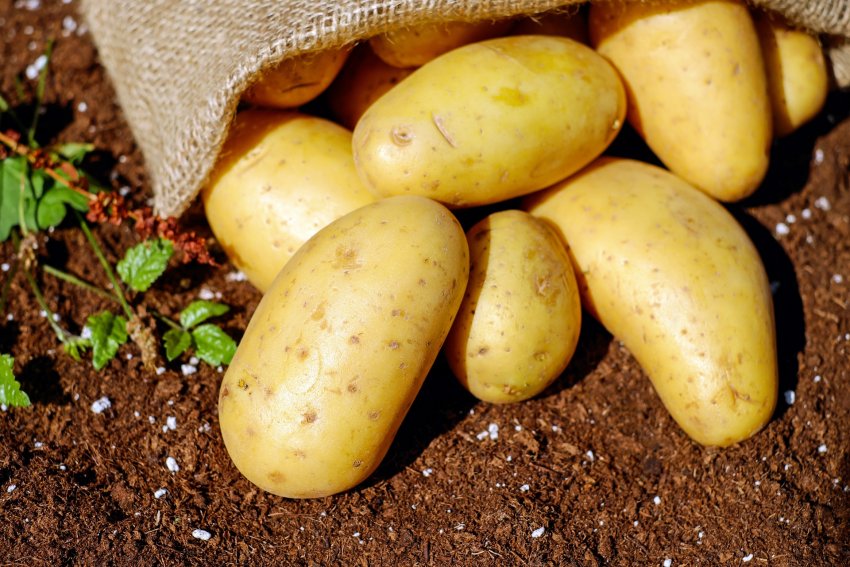With restaurants and bars reopening across the country, nightclubs are looking to do the same. In B.C., in an effort to reopen ahead of phase four, nightclubs are adapting to guidelines for restaurants and bars.
Also in B.C., seafood processors receiving financial relief in the sum of $9 million dollars to help them adhere to safety guidelines and adapt to market instability due fo reduced exporting of their product.
The federal government is also dolling out $50 million dollars for a food surplus program to curb the effects of food waste due to a lack of restaurant demand and to redirect the food to communities in need.
One of Canada's most iconic markets, Granville Island, has reopened. But, it has not been a glorious and fruitful time for all its vendors, as artisans are afraid of the effects of the hit on tourism.
How B.C. nightclubs are preparing to reopen

With restaurants and bars reopening across the province, nightclubs--previously scheduled to reopen in phase four--are hoping to follow suit by adapting their spaces to meet the guidelines for restaurants and bars.
Clubs that have opened in places like Kelowna, the Okanogan and Nanaimo have put various different measures in place, such as adding distancing markings on the floor, barriers between tables and the stage, mandatory reservations and small group sizes.
It is important to note, though, that singing in an enclosed environment with lots of people can spread the virus, according to B.C.’s provincial health officer Dr. Bonnie Henry.
It is estimated by The Hospitality Vancouver Association that 90 percent of Vancouver's nightlife businesses are at risk of closing permanently. So, opening again could be their saving grace.
Learn more about nightclubs in B.C. at CTV.ca.
B.C. seafood processors receiving $9 million from the federal government
Like all sectors right now, instability in the market is causing great concern and the situation is no different for seafood processors in B.C.
This money, a part of the $62.5 million Canadian Seafood Stabilization Fund (CSSF) to be allocated to provinces across the country, is dedicated to helping them adapt to market instability and additional necessary safety measures like personal protective equipment. In addition to the cost of the personal protective equipment, there is a need for increased support for selling products locally, as exports which typically generate more than $1 billion are no longer seen as desirable.
Read more about B.C. food processors on the Aldergrove Star.
Application begins for federal government $50 million dollar food surplus program

To help curb food wastage from disruptions to the food service industry, the government is putting $50 million towards purchasing this food and redirecting ten per cent of it to Northern communities to help fight food insecurity. Although they have not yet specified yet what exactly they will be purchasing, one-third of the money will be used to buy horticulture (grains, fruits and vegetables), one third for meat and the last third of the budget going toward fish and seafood.
Applications for this relief fund will be opened on July 15.
Read more about what the government is doing for food surpluses on CBC.ca.
Granville Island welcomes back locals
Granville Island, the second most popular tourist location in Canada and 18th in the world, reopened this past week. Although locals have been flocking to the market to get some of their favourite baked goods, businesses are scared it won't be enough. Although there are lines at some storefronts, some tenants have made less than $100 in sales since reopening. This is especially detrimental for artisans whose reputation is tied to the market and not having a location there could be fatal for their business.
To help this tourist-dependent market survive in a time of significantly reduced tourism, Granville Island's survival plan looks toward locals to become tourists. Granville Island wants locals to embrace staycations to explore local shops and restaurants just as you would as if you were in a new city.
Read more about Granville Island in the Vancouver Sun.
Kenney uncertain that minimum wage in Alberta will be kept at $15 an hour
The current minimum wage in Alberta is $15 an hour, but Premier Jason Kenney could not confirm nor deny the possibility of it changing after Covid-19. When NDP Leader Rachel Notley asked Kenney if he could commit to the province's minimum wage in a post-COVID-19 economy, Kenney responded, “I have no idea…"
Some are speculating that this response means he had already planned to reduce the minimum wage. Back in June 2019, Kenney introduced a youth minimum wage of $13 an hour, just two months after he tweeted that he would keep the general minimum wage.
Read more about the possible reduction of minimum wage at CTV news Edmonton.













